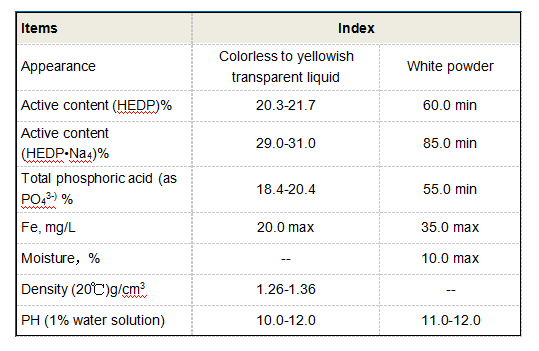Understanding Scale Formation and Effective Corrosion Inhibition Strategies in Industrial Systems
Scale and Corrosion Inhibitors A Dual Approach to Industrial Water Treatment
In the realm of industrial water treatment, scale and corrosion are two significant problems that can lead to costly repairs and operational downtime. As industries strive for efficiency and sustainability, the use of scale and corrosion inhibitors has emerged as a critical solution. Understanding these concepts and their interrelationship is essential for maintaining the integrity of water systems.
Understanding Scale and Corrosion
Scale formation is the precipitation of dissolved minerals from water, which forms hard deposits on surfaces such as pipes, boilers, and heat exchangers. Common minerals involved in scale formation include calcium, magnesium, and silica. As these minerals accumulate, they can significantly reduce the efficiency of heat transfer equipment, leading to increased energy consumption and operating costs. In severe cases, scale can block pipes entirely, resulting in system failures.
Corrosion, on the other hand, is the gradual destruction of materials, usually metals, due to chemical reactions with their environment. In water systems, corrosion can lead to the degradation of pipes and equipment, posing a risk of leaks and structural failure. Both scale and corrosion are exacerbated by factors such as temperature, pH levels, and water composition, making it crucial for industries to implement effective treatment solutions.
The Role of Inhibitors
Scale and corrosion inhibitors are chemical agents designed to mitigate these issues. Scale inhibitors help prevent mineral deposits from forming by interfering with the crystallization process of scale-forming substances. They typically work by either dispersing suspended particles or altering their growth patterns, preventing the formation of hard deposits on surfaces.
Corrosion inhibitors, on the other hand, create a protective film on metal surfaces to shield them from corrosive agents present in water. These inhibitors can act through various mechanisms, such as anodic or cathodic protection, to slow down the oxidation process that leads to corrosion.
scale and corrosion inhibitor

Dual Action Solutions
In many industrial applications, the simultaneous presence of scale and corrosion necessitates the use of dual-action inhibitors. These specialized formulations are designed to address both issues concurrently, providing a more comprehensive solution. For instance, certain polymers can inhibit scale formation while also offering corrosion protection, making them highly effective in maintaining optimal operational efficiency.
The selection of an appropriate inhibitor depends on several factors, including the type of water used, the specific equipment involved, and the operational parameters of the system. It is essential to conduct a thorough assessment of water chemistry and system conditions to tailor the inhibitor formulation to the unique needs of each application.
Sustainability and Environmental Considerations
As industries become increasingly aware of their environmental impact, the formulation of scale and corrosion inhibitors has also evolved. Many modern inhibitors are designed to be more eco-friendly, with less harmful effects on aquatic life and water resources. The trend towards biodegradable and less toxic compounds reflects the broader commitment to sustainability within manufacturing and industrial processes.
Conclusion
In conclusion, the management of scale and corrosion through the use of inhibitors is crucial for the longevity and efficiency of industrial water systems. As industries confront the challenges of aging infrastructure and heightened environmental regulations, the development and application of effective inhibitors will play a central role in ensuring operational reliability and sustainability. By understanding the dynamics of scale and corrosion and employing advanced treatment solutions, industries can secure their performance and protect their investments for the future.
-
Water Treatment with Flocculant Water TreatmentNewsJun.12,2025
-
Polymaleic AnhydrideNewsJun.12,2025
-
Polyaspartic AcidNewsJun.12,2025
-
Enhance Industrial Processes with IsothiazolinonesNewsJun.12,2025
-
Enhance Industrial Processes with PBTCA SolutionsNewsJun.12,2025
-
Dodecyldimethylbenzylammonium Chloride SolutionsNewsJun.12,2025





